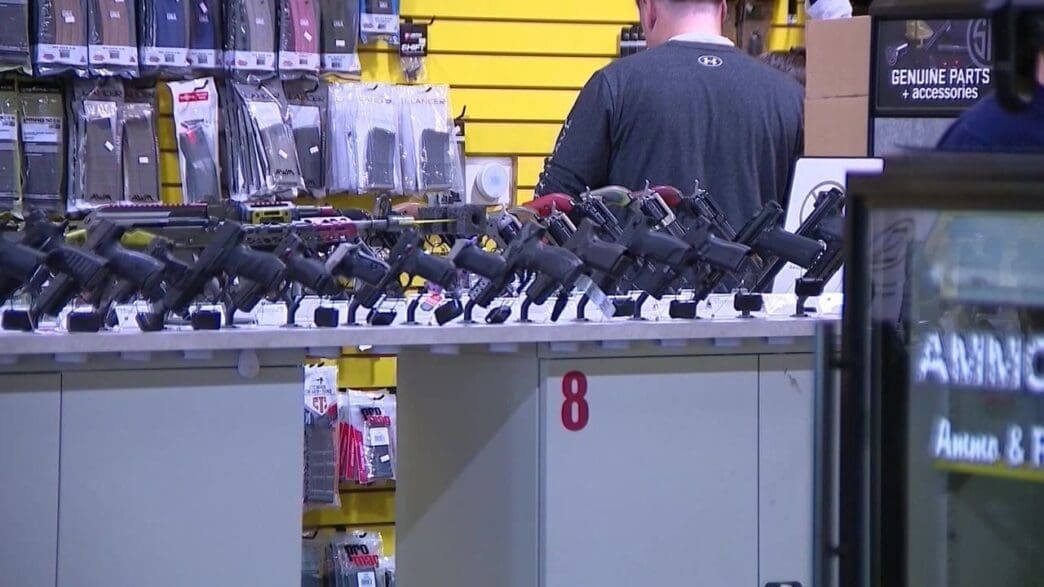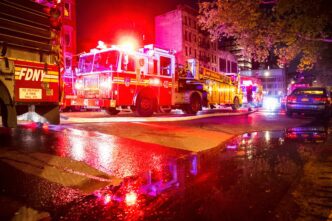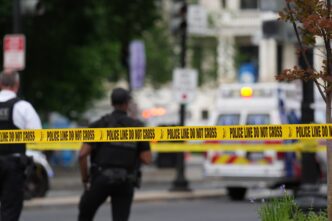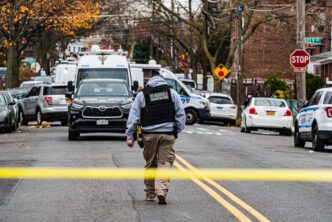In a recent development in New York City, the arrest of Luigi Mangione has brought attention to the increasing threat of “ghost guns,” particularly in the wake of a high-profile murder case involving a CEO.
The New York Police Chief of Detectives revealed that Luigi Mangione was apprehended while in possession of a weapon resembling a “ghost gun,” produced through a 3-D printer. These guns pose a unique challenge to law enforcement due to their untraceable nature. The accessibility of ghost guns online, combined with their affordability and ease of assembly, makes them a serious concern for public safety.
Former FBI Criminal Investigations Division assistant director Chris Swecker described ghost guns as a growing problem nationwide. According to Swecker, these firearms, often crafted without serial numbers, are available through online kits or 3D printing techniques. Despite being considered firearms by agencies like the ATF, their untraceable quality makes them appealing for criminal activities.
Swecker observed a concerning trend as law enforcement agencies report increasing encounters with ghost guns on the streets. From 2016 to 2021, the ATF received reports of over 45,000 suspected ghost gun incidents. These weapons’ disposability, combined with their ease of construction, exacerbates the challenge for authorities in managing this issue.
Mangione was reportedly apprehended while trying to manually eject shell casings from his weapon—a scene captured on video. Swecker expressed surprise that Mangione retained the gun, emphasizing the potential for easy disposal. The growing availability and use of ghost guns, he argued, pose a burgeoning threat that law enforcement struggles to control.
As the investigation into Mangione’s actions continues, questions have arisen about his potential ideological motives. Swecker compared Mangione’s alleged support for anarchist and anti-capitalist ideologies with that of figures like the Unabomber. Understanding Mangione’s motives is essential, as it could determine whether federal charges are pursued, and might identify a broader ideological threat that warrants attention.
Swecker highlighted the possibility that Mangione’s actions were ideologically driven, which may classify the incident as domestic terrorism. If confirmed, this could increase the risk of imitators, and investigators are tasked with determining whether Mangione acted independently or with others who share similar ideologies.
The emergence of ghost guns in high-profile cases underscores the urgent need for law enforcement to address this growing threat effectively. As investigations continue, understanding the motivations behind such crimes is crucial to mitigating future risks.
Source: Fox13news








